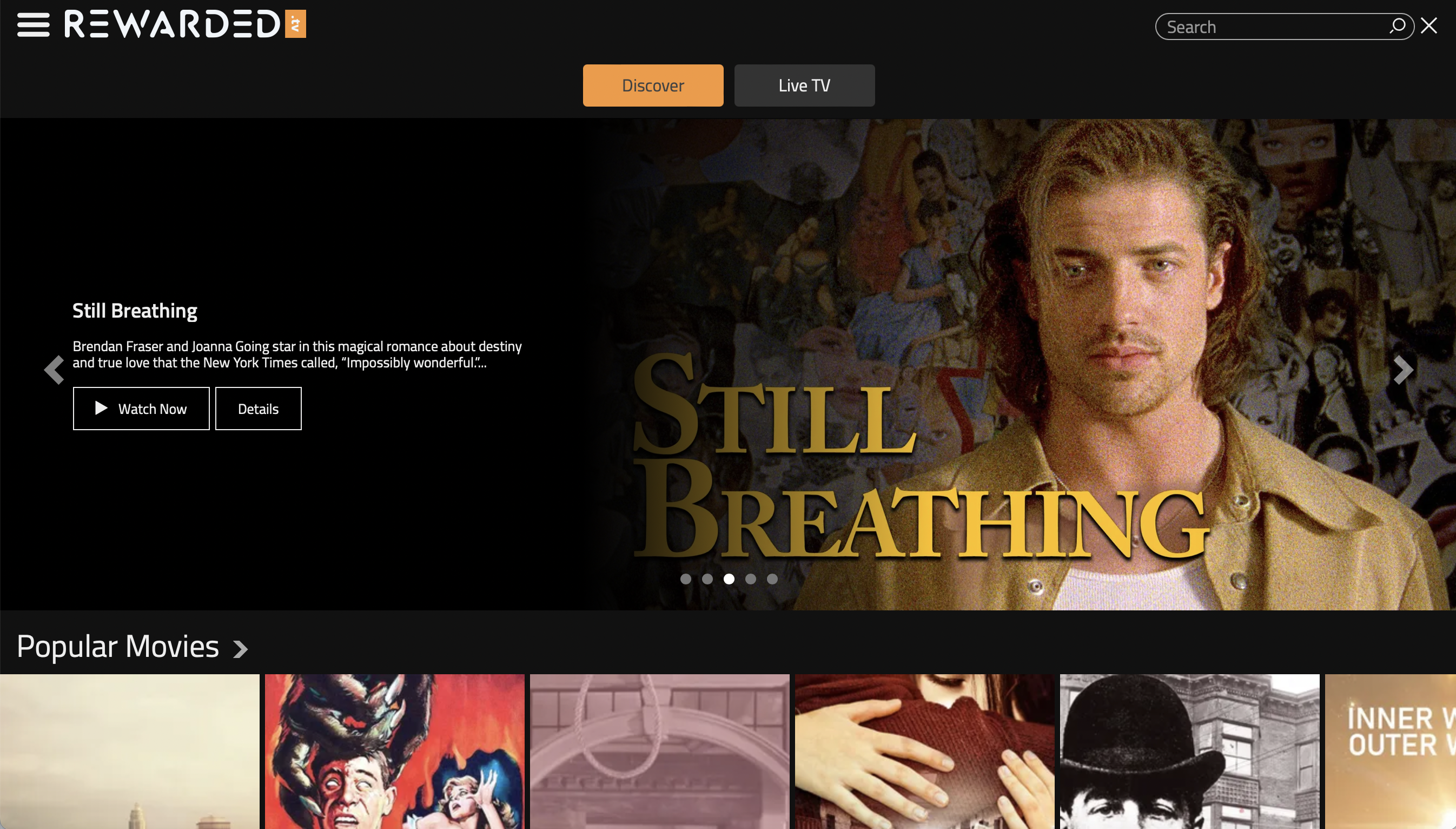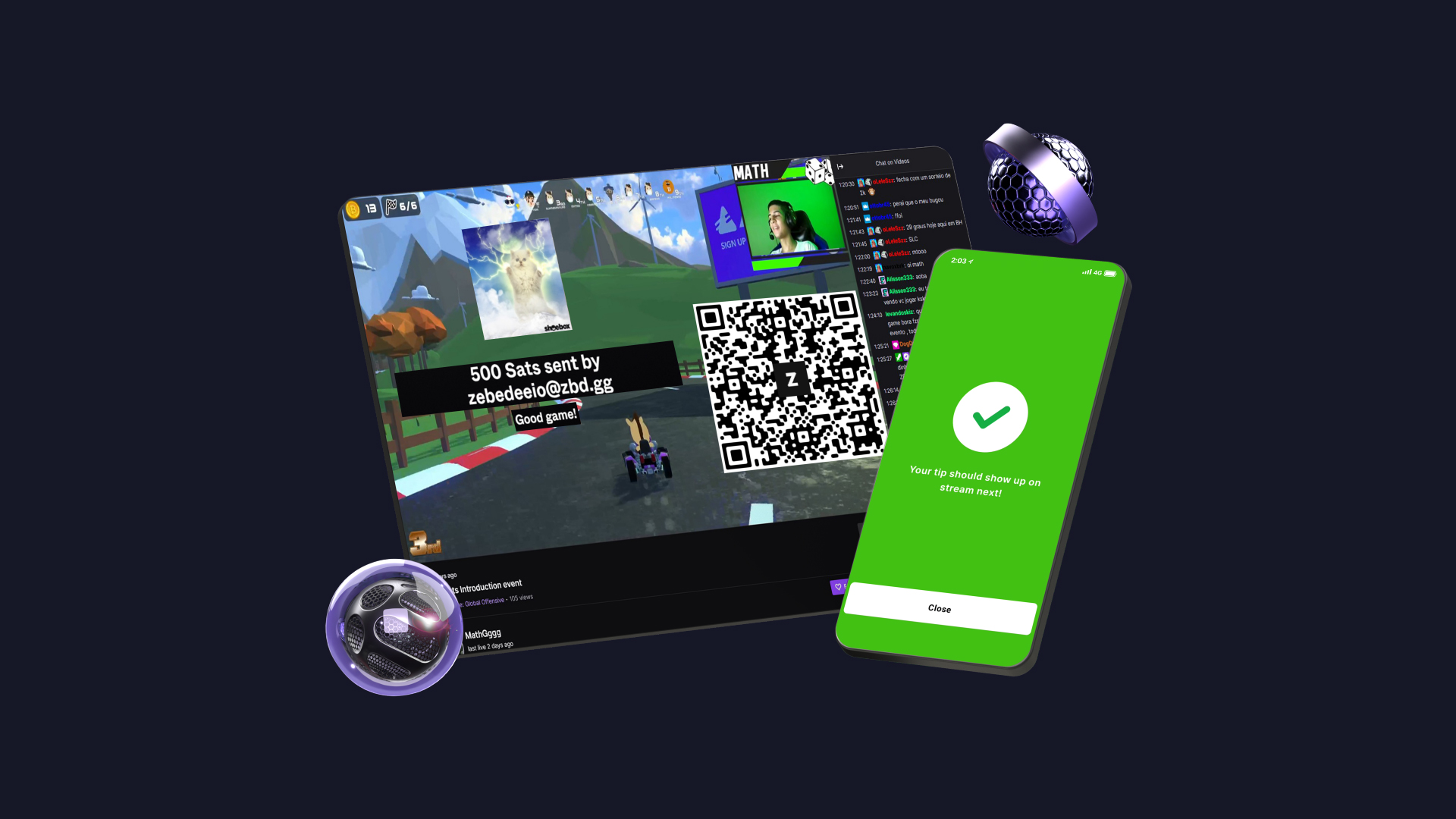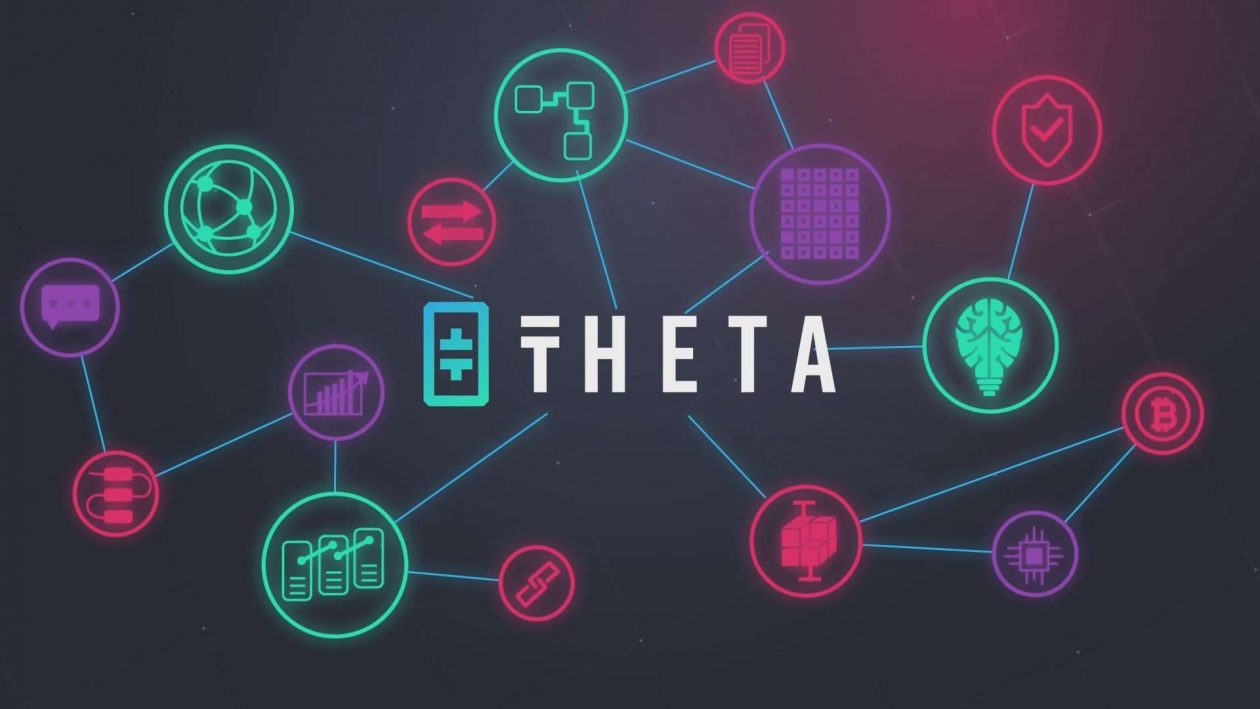TV/Media Companies are Starting to Join the Crypto Craze
Crypto is now being used to pay for a variety of TV and content creation purposes

OTTAWA—What do AT&T, Starbucks, and Tesla have in common? They all accept payments using various forms of cryptocurrency. Granted, these payment options are currently limited; for instance, you can use Dogecoin to buy Tesla clothing and car accessory purchases at shop.tesla.com, but not an electric car. Still, the fact that “crypto” (as it is commonly called) is finding growing acceptance as a legitimate form of payment is likely a sign of things to come.
In the TV broadcasting/content distribution market, companies such as Sling TV, Replay, Script TV and ZEBEDEE are pushing ahead with crypto payment transactions. The reason? “Crypto payments enable smart contracts that automatically generate payments in real time whenever video is viewed,” said Replay CEO Krish Arvapally. “For TV broadcasters and content deliverers, this eliminates the time spent tracking down and managing these payments.”
Creators are happier too, Arvapally adds. “Instead of chasing down or waiting on royalty checks coming from a variety of sources, months after a video is played, the open-source and transparent nature of blockchain payments means that creators can trust that they’re being paid as soon as possible.”
Sling TV: Early Adopter
As of Feb. 22, Sling TV allows subscribers to pay their monthly bills using the crypto payment provider BitPay, which handles digital currencies such as Bitcoin, Dogecoin, or Ethereum.

The only catch: “BitPay is available to established Sling customers and can be used to extend an existing monthly subscription,” a Sling TV spokesperson told TV Tech. “Notably, BitPay cryptocurrency payment is available any time after the first bill as a monthly subscriber, including after a free trial or promotional offer.”
This proviso notwithstanding, “accepting crypto payments was a natural next step for Sling subscribers,” the spokesperson added. “Sling’s new integration with BitPay adds to DISH Network’s already robust reputation as an industry innovator. In fact, DISH TV [which owns Sling TV] has accepted crypto payments since 2014.”
Watch TV, Get Rewarded
Imagine paying viewers to watch an ad-free, subscription-free OTT TV service with crypto: That’s the business based behind Rewarded TV, which is being launched by blockchain video tracking and payments platform Replay.
Get the TV Tech Newsletter
The professional video industry's #1 source for news, trends and product and tech information. Sign up below.
“Our viewers will receive rewards and pay for premium content with RPLAY, a new crypto token built on Theta, the leading blockchain for entertainment organizations,” said Arvapally. “RPLAY will be available to exchange for cash, or can be earned by watching free content on Rewarded TV.
“Users can also earn multipliers on their RPLAY earnings through ‘gamified content’—by engaging with certain promoted content or earning NFT passes in relation to specific viewing activities,” Arvapally added. “For example, sharing a specific piece of content or creating a playlist featuring certain movies or shows can yield additional rewards for driving engagement.”
Viewers can also purchase NFTs, whose crypto payments will be used to pay content providers (along with revenues from gamified content promotions.) Worth noting: As soon as someone’s content is viewed, they get paid in RPLAY, a theta token by Replay.

“The continued adoption of crypto payments in film and TV is a trend that is here to stay.”
Krish Arvapally, Replay
If the Rewarded TV concept sounds rather unconventional for commercial OTT TV, it is. Using Rewarded TV to introduce new models of monetization, Replay is launching this service as a proof-of-concept, for their own open-source Replay video tracking and payments platform. But Arvapally is confident that the time is right for Rewarded TV and Replay.
“The continued adoption of crypto payments in film and TV is a trend that is here to stay,” he said. “Digital streaming and syndication are perfect use cases for crypto payments: content owners and distributors will turn to crypto for its ease of use in distributing earnings in real time.”
In another deal with Theta, OTT distributor Cinedigm entered the crypto universe in 2021 by agreeing integrate the native Theta peer-to-peer streaming technology, blockchain protocol and Theta Fuel (TFUEL) micropayments on its CONtv Anime branded channel page. It allows visitors to Cindegigm’s CONtv to view its large library of anime, sci-fi, horror and cult shows and films directly using Theta’s fully decentralized technology and protocol.
Theta says integrating its blockchain allows entertainment and streaming platforms like Cinedigm to lower their video delivery CDN costs by 50% or more, while increasing user engagement, viewing times and monetization. Users in return can earn FUEL rewards for sharing video content utilizing their excess bandwidth and computing resources. The company adds that its blockchain approach enables fans to earn as much as $10-$15/month simply by watching their favorite content on their browser with no download required.
‘Tipping’ Content Providers
Although aimed at the online gaming world to allow viewers to “tip” their favorite live gamers using Bitcoin, ZEBEDEE’s ZBD Streamer software could potentially be used by broadcasters and OTT creators to boost their own revenues. For instance, viewers could signify their support for a specific player on a live TV series through tipping, with the crypto being split between the player and content producer.

“ZBD Streamer is a free OBS plugin that pairs with the user’s ZEBEDEE account, and allows live broadcasters to post a static QR code overlay onto their stream to accept tips from viewers via their smartphone,” said ZEBEDEE Marketing Director Mark Mulvey. “What’s great about this solution is that the audience can send payments as ‘microtransactions’—fractions of a penny—which until now was completely uneconomical and technically infeasible.
“By transacting in tiny satoshi increments (a satoshi, or ‘sat,’ is 1/100,000,000th of one Bitcoin), broadcasters can collect affordable tips from viewers in a fun, frictionless way—without losing the ability to exchange those sats into their local fiat currency at a later time if they choose.” Mulvey added.
Could this technology be used in traditional OTA/OTT content advertising? According to Mulvey, the answer is, theoretically, yes.
“The underlying Bitcoin Lightning Network technology certainly allows for this type of functionality, though no one to our knowledge has built out this specific solution just yet,” he said. “But similar innovations are occurring in the podcasting space, as something called ‘Podcasting 2.0’ [also known as the ‘Value-for-Value’ model] is allowing creators to receive sats streamed directly to them by listeners in lieu of, or in addition to, their traditional audio advertising revenue. This technology also makes the inverse possible: for advertisers to compensate listeners directly, streaming sats to their wallets based on how much of the ad was actually listened to.”
Script.TV Balances All Sides
About to be launched in its beta version, Script.TV seems to resemble Rewarded TV in that it too pays viewers in crypto for watching. However, the Script.TV model is actually quite different.
Unlike Rewarded TV, Script.TV will play out its stable of free-to-watch TV channels and movies online like a conventional broadcaster. Its online TV programs will run on a schedule with no ability for viewers to jump back to the beginning, and with non-skippable ads being part of the content. This model will ensure that everyone, including content providers and advertisers, benefit from the Script.TV platform.
“Although Script.TV gives viewers the opportunity to profit from their viewing time and personal data in return of SCRIPT blockchain tokens [SCPT] to reward them, it of course, is not our business model to purely just give out tokens,” said Script.TV Co-Founder Akeem Ojuko. As well, the company will encourage viewers to spend their SCPTs within the company through the sale of special NFTs.
In reality, Script.TV is actually an attempt to resolve content delivery bottlenecks commonly encountered online by creating a distributed, decentralized online base of content storage/playout. And it will make money for itself and content providers as well, with the latter being paid using a second class of tokens known as SPAYs based on how much their content is watched. These tokens will be convertible into conventional currencies, should content providers choose to sell them.
In doing all of this, Script.TV’s goal “is to fix a lot of the problems that content providers and advertisers have in working in the online market,” Ojuko said.
SIDEBAR
What is Theta?
In 2017, Sliver.TV subsidiary Theta Labs announced that it was developing a decentralized video streaming network enabled by blockchain to provide less expensive video storage and playout to content providers worldwide. “The core of the network enables users worldwide with un-utilized PC bandwidth and resources to cache and relay video streams to others in the network and in turn mine Theta tokens, similar to Bitcoin and Ethereum,” the company said at the time.

Today, Theta Labs runs the “Theta Network” decentralized blockchain-enabled streaming platform using the company’s Mainnet 4.0 software. Google, Samsung, Sony, Creative Artists Agency (CAA), Binance, Blockchain Ventures, DHVC and gumi are global enterprise validator partners while strategic corporate investors reportedly include Samsung NEXT, Sony Innovation Fund, Bertelsmann Digital Media Investments (BDMI), CAA, plus Silicon Valley VCs including DCM and Sierra Ventures.
To explain the company’s market position in more tangible terms, Replay and Rewarded TV are using Theta Labs’ TNT-20 (Theta Network Token-20) tokens as the basis of their RPLAY tokens on both services.
Meanwhile, game show producer Fremantle is marking the 50th anniversary of CBS game show “The Price is Right” by issuing NFTs (non-fungible tokens) in collaboration with Theta Labs. The NFTs will feature popular “The Price Is Right” games such as Cliff Hangers, Plinko, and Punch-A-Bunch.
In addition, the “American Idol” brand partnered with Theta Network to launch NFTs to celebrate the 20th anniversary of the reality show which wrapped up in May. Featuring the Top 14 contestants from Season 20 of American Idol, the NFTs were sold for $99 as packs of digital trading cards. “Holders of the NFTs will participate in a five-week-long competition where they can win prizes based on how far contestants go,” Benzinga.com reported in April.
James Careless is an award-winning journalist who has written for TV Technology since the 1990s. He has covered HDTV from the days of the six competing HDTV formats that led to the 1993 Grand Alliance, and onwards through ATSC 3.0 and OTT. He also writes for Radio World, along with other publications in aerospace, defense, public safety, streaming media, plus the amusement park industry for something different.

